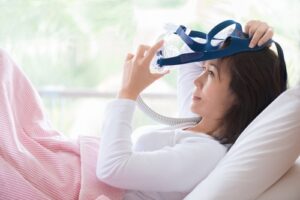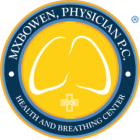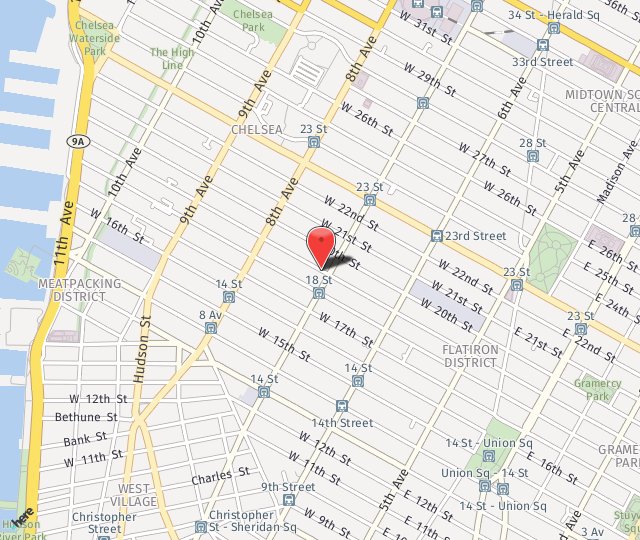
How is OSA Diagnosed?
Doctors recommend sleep tests for patients who exhibit the signs of obstructive sleep apnea. A sleep test may be done at home in qualified cases. The study measures the number of respiratory sleep disruptions that occur every hour that a patient is asleep. The measurement, called the apnea-hypopnea index, describes the severity of sleep apnea. A higher number indicates more severe obstruction. According to studies, the majority of OSA patients fall into the mild category. However, it should be understood that a lower apnea-hypopnea index, AHI, does not directly correlate with the severity of symptoms. It is possible for person with mild OSA based on their apnea-hypopnea index to experience significant symptoms such as severe insomnia, excessive sleepiness, and foggy thinking. This is why it is beneficial to receive care from a pulmonary specialist who is very familiar with obstructive sleep apnea and its potential courses of treatment.
Treating Obstructive Sleep Apnea
In general, it has been understood that patients with moderate to severe OSA based on AHI could benefit from treatment using continuous positive airway pressure known as CPAP. From the viewpoint of symptomology, though, doctors know that even mild cases of obstructive sleep apnea may improve significantly with this course of treatment. CPAP eliminates breathing disturbances, maintains optimal oxygen saturation, and eliminates snoring when worn consistently throughout sleep. It works by delivering a consistent stream of air through the nostrils to hold the airway open. CPAP machines are conveniently portable and effective when used as directed.
Are you exhibiting signs of obstructive sleep apnea? Contact our NYC pulmonology practice at 212.480.4062. We have two convenient locations to serve you.












